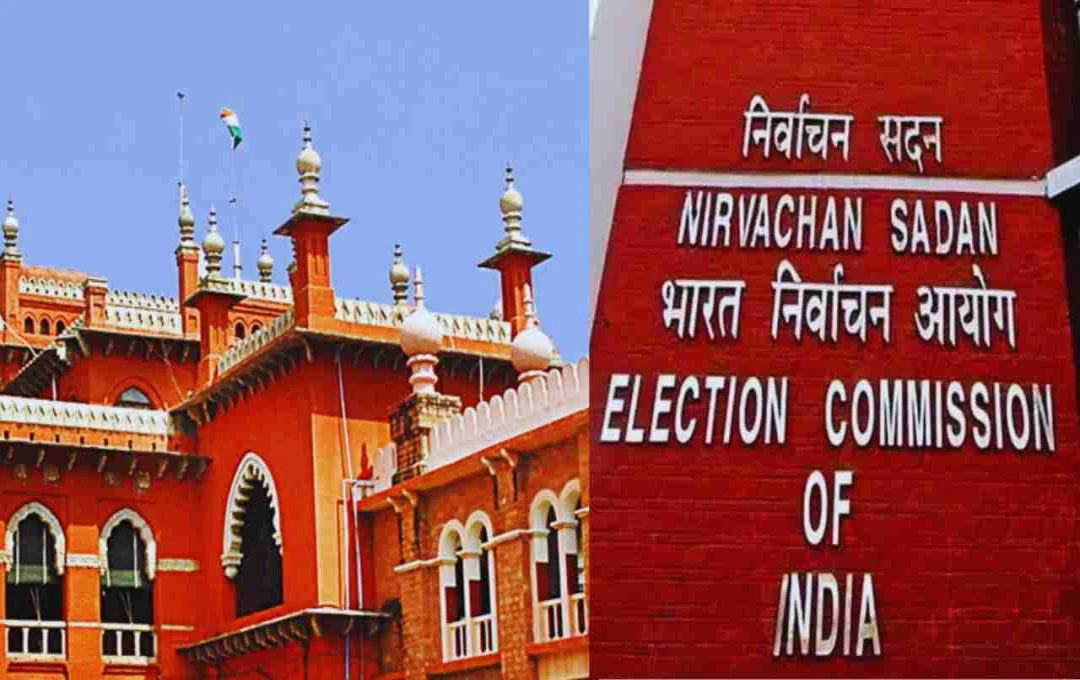Following the Reserve Bank of India's (RBI) successive cuts in the repo rate, the Post Office has also adjusted the interest rates on its savings schemes. Specifically, interest rates on the popular 'Time Deposit Scheme' (TD) of the Post Office have been revised. Now, a single rate has been implemented for all deposit schemes ranging from 1 year to 3 years, leading to slightly lower returns for investors compared to earlier.
RBI has cut the repo rate by 1 percent so far
The Reserve Bank of India has reduced the repo rate three times this year. A cut of 0.25 percent was made in February, another 0.25 percent in April, and a direct cut of 0.50 percent in June. In total, the repo rate has decreased by 1.00 percent so far. Banks had already adjusted their FD interest rates based on this, but the Post Office maintained stable rates for some time.
A single interest rate now for 1-year, 2-year, and 3-year TDs

According to the latest interest rates issued by the Post Office, 1-year, 2-year, and 3-year TDs will now offer a uniform interest rate of 6.9 percent per annum. Previously, these three terms offered different interest rates: 6.9 percent for 1 year, 7.0 percent for 2 years, and 7.1 percent for 3 years. These three schemes have now been brought under a common rate, which will result in a slight loss for those investing in the 2-year and 3-year schemes.
No change in the 5-year TD scheme
However, there has been no change in the interest rate for the five-year TD scheme. Investors will still receive an interest rate of 7.5 percent per annum on this scheme, which is higher than all other bank FD options. This 5-year scheme can also be used as a tax-saving scheme, as it provides tax exemption under Section 80C.
New interest rates at a glance
Scheme Duration Previous Interest Rate New Interest Rate
1 year 6.9 percent 6.9 percent
2 years 7.0 percent 6.9 percent
3 years 7.1 percent 6.9 percent
5 years 7.5 percent 7.5 percent
Post Office still ahead compared to SBI and other banks
Currently, the country's largest public sector bank, SBI, is offering interest rates ranging from 6.25 to 6.75 percent on 1-year FDs, 6.45 to 6.95 percent on 2-year FDs, and 6.30 to 6.80 percent on 3-year FDs. These rates vary depending on the customer's deposit amount and the chosen term. In contrast, the Post Office rates are uniform for all investors, whether they are senior citizens or general customers.
Why the Post Office TD scheme is special
The most significant feature of the Post Office Time Deposit Scheme is its government guarantee. The deposited amount is completely secure. In addition, this scheme is available in every corner of the country, and opening an account is very easy. Customers can open an account with a minimum amount of one thousand rupees, and interest is added quarterly, with the final payment made at the end of the term.
Confidence in security despite interest rate cuts

Although there has been a slight decrease in interest rates, many major banks in the country have still not been able to match the Post Office rates. This is why a large number of investors are still showing confidence in Post Office schemes, despite the lower interest rates.
Facility for premature withdrawal on TD is also available
In this Post Office scheme, after a certain period from the account opening, customers can withdraw their money prematurely if they wish. However, in such a situation, there may be a slight reduction in interest rates, but the complete security of the original deposited amount remains.
A stable option for Post Office investors
As always, this time too, the Post Office has made only necessary adjustments while changing the interest rates. The scheme's objective is clear: to provide secure and stable returns to small investors. This latest change in interest rates is considered a step in that direction.















